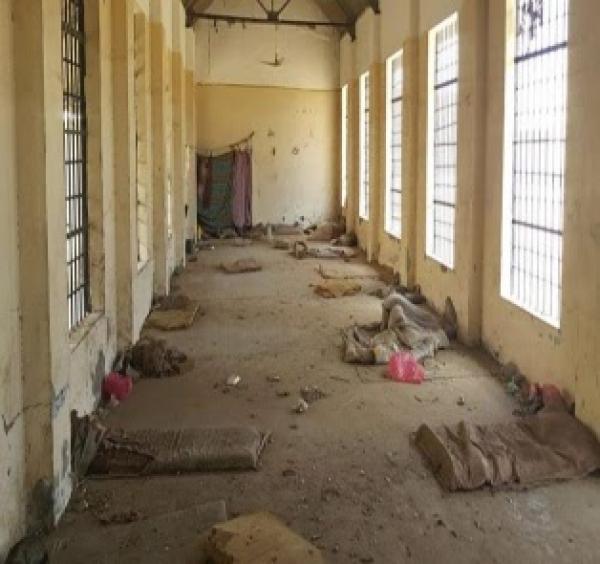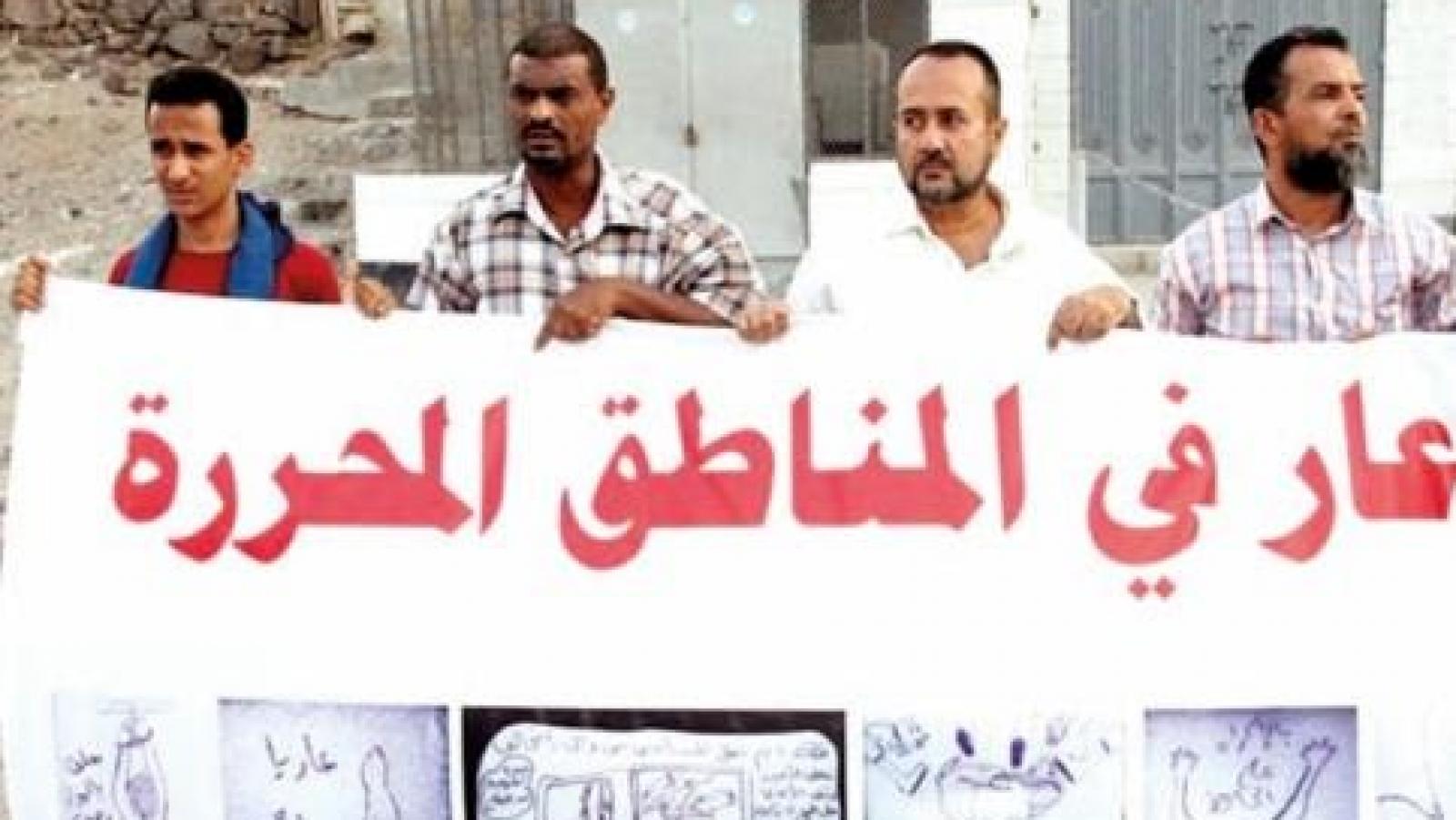Mud Prison
The so-called ‘mud prison’ is located in the Murirmah, about 500 feet from the new central prison. Some sources say that the fate of dozens of detainees inside the prison is unknown in view of the practices of enforced disappearance, deliberate torture and extended detention without trial, not to mention preventing the prisoners from receiving proper treatment or allowing their families to visit them.
SAM Organisation for Rights and Liberties, which conducted a thorough investigation about the prison and the status of prisoners, said that ‘the detainees [at this prison] were subjected to long period of interrogations at the hands of cruel Saudi investigators. A detainee is supervised by two people; the first one is called ‘Abu Salim’ and the other ‘Khaldi’. A local source revealed to ‘Gulf Online’ that ‘the prison is almost completely under Saudi supervision, as well as the commander of the Brigade 135 in Al-Qatan. The international organisation confirmed that in a statement issued by the organisation, adding that most of the detainees it had received reports about were detained by military services of the First Military Zone without judicial orders or legal justifications. It explained that most of the prisoners were detained on public roads and in the markets, and that some of them suffered from enforced disappearance for a whole year without their families knowing anything about them.
The Geneva Council for Rights and Justice called on Saudi Arabia to halt systematic torture of Yemeni detainees. The statements received by the Geneva Council included complaints from the detainees in the said prison that the administration there had installed surveillance cameras inside the solitary confinement cells that already lack proper toilets, which violates the prisoners’ privacy and reveals their nakedness, not to mention preventing them from receiving proper medical treatment or allowing their families to visit them. In addition to torture, the detainees suffer because of poor hygiene, complete absence of health services and lack of clean drinking water, according to the International Institute of Human Rights.

Images
